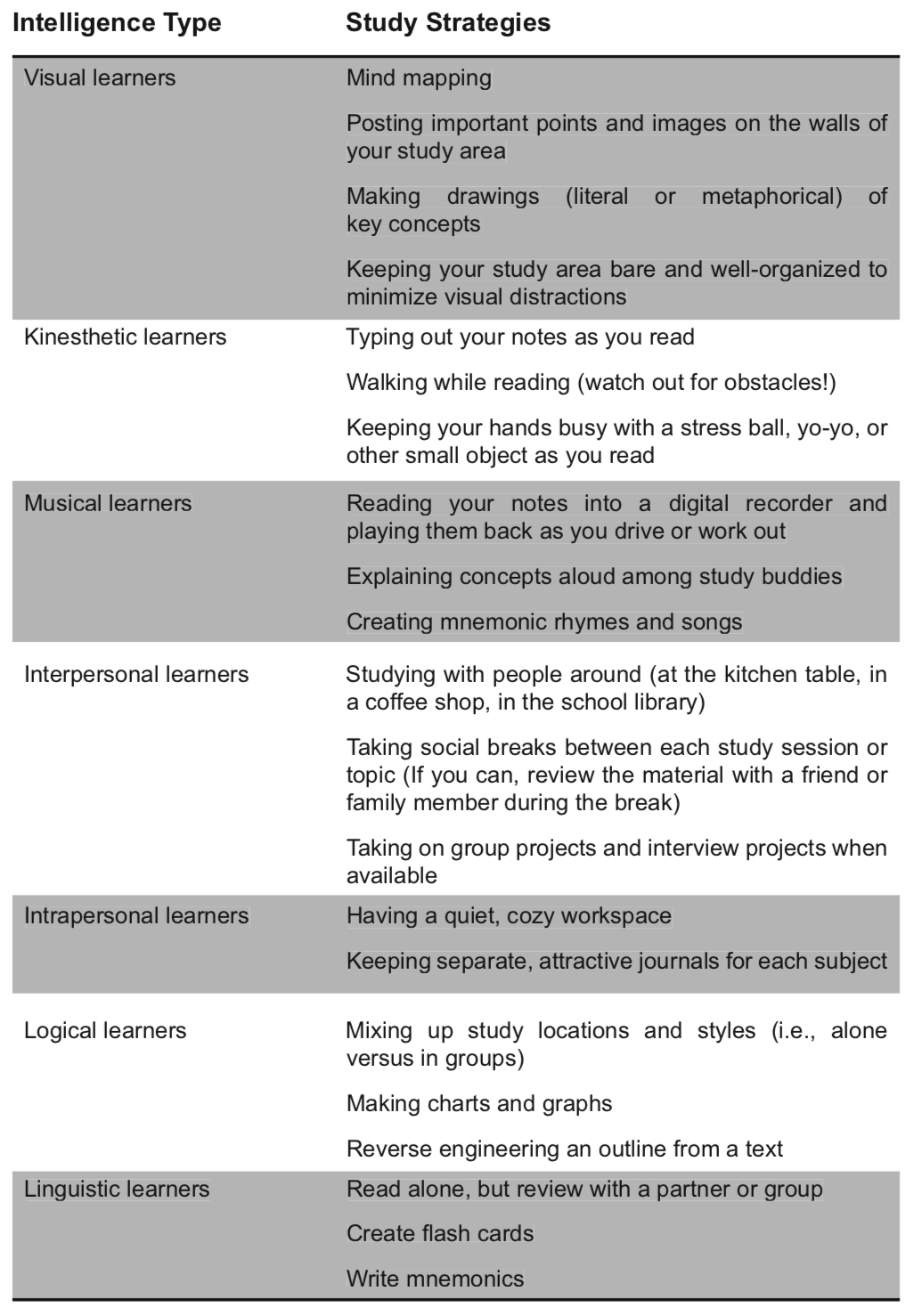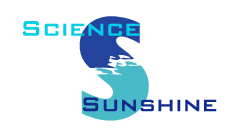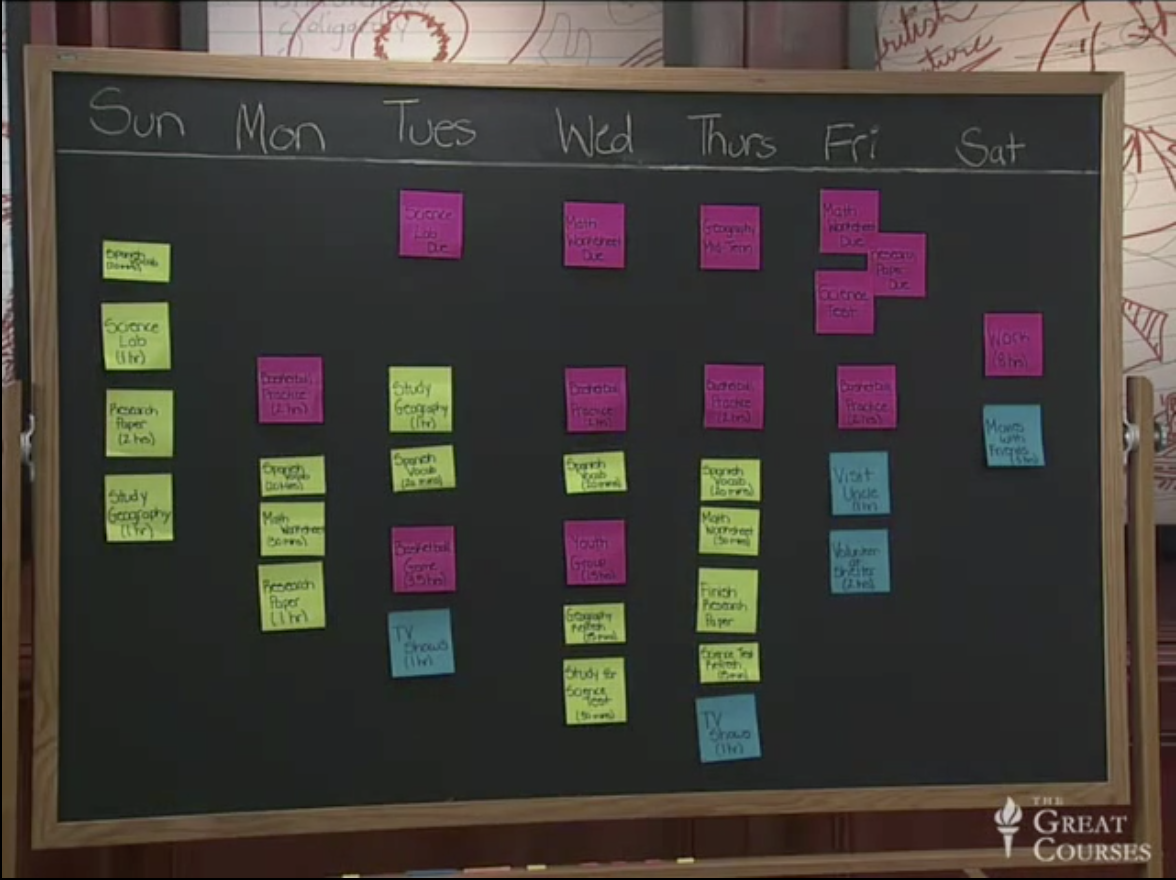Reflection of Introduction to VR-Enabled Instructional Design
Yupei Duan
School of Information and Learning Technology, University of Missouri
2023FS-IS_LT 4888/7888 Intro to VR-enabled Instructional Design
Dr. Xinhao Xu
October 15, 2023
Reflection of Introduction to VR-Enabled Instructional Design
Introduction
When I stood at the finish line of the course: Introduction to VR-Enabled Instructional Design, I first asked myself whether I met this course’s expectations. Scores on the assignments are just minimal requirements for graduate students since they don’t only learn the course for a certificate but for doing research. The unknown questions are more important than the known ones. The research about VR just began when I finished this course. In this personal reflection, I will cover my basic takeaways from the course, some proposals for my future research based on this course, and the concerns I currently have but may get answers in the future.
What is Virtual Reality?
The term VR came from Jaron Lanier, who is the founder of VPL Research. However, it was in 1965 that Ivan Sutherland published a paper entitled “The Ultimate Display” which described how one day; the computer would provide a window into virtual worlds (Mandal, 2013). After that, many technologies related to reality simulation were developed, including different types of VR systems, which were classified according to different usage of technological supply. Those various supplies and equipment were represented in various displayed hardware and interaction devices. “VR systems are classified according to the level of immersion they provide, ranging from semi-immersive (or desktop) VR to fully immersive VR to augmented reality (AR)” (Saeed et al., 2017).
Meanwhile, the conception of VR was getting more and more clear: the computer-generated simulation of images or whole environments that can be experienced using special electronic equipment – is progressing in several ways, including traditional virtual reality that crates environments, allowing people to be “present” in an alternative environment; augmented reality that starts with the real world and overlays virtual objects and information; and spherical or 360-degree video that captures an entire scene in which the viewer can look up, down, and around (Virtual Reality | Tools, Publications & Resources, n.d.).
A desk-top VR platform OpenSimulator was used in this course, which was an open-source multi-platform, multi-user 3D application server. It can be used to create a virtual environment (or world) that can be accessed through a variety of clients, on multiple protocols (OpenSimulator, n.d.).
Creation in OpenSimulator
I used Opensimulator in my master’s degree program as a user, this course gave me an opportunity to be a developer. I started by personalizing my avatar, constructing my virtual environment, and setting up my OpenSimulator Server. The comparison of using Mozilla Hubs with OpenSimulator let me find more possibilities for using VR to learn and teach.
The teamwork with my groupmates Shreya and Xaviera was a dream work I enjoyed. Although Xaviera was based in South Africa, which was 6 hours ahead of Mizzou, we used emails, Canvas forum, Google Docs/Slide, and Slack to update the progression of the group project. The real-time audio talk function in OpenSimulator was also used when we did our real-time collaborations. We combined our personal VRLEs into a series of learning project which isn’t just a learning opportunity; it’s a profound platform fostering comprehension of the profound relationships between humanity, our beloved Earth, and the boundless universe that surrounds us.
A Video link to the Real-time Collaboration: https://www.youtube.com/watch?v=rOfb-Dxi2GU
VR and Learning
“People do not learn from technology; they learn from thinking. When technologies can enhance students thinking, they should be used. Otherwise, they are probably no better than no technology.” David H. Jonassen commented to the relationships between learning and technology during an interview (Simsek, 2012). When I used OpenSimulator to design my instructional content, I used more energy to decide which learning content I should create than thinking about what technologies I should use during my personal project. What kind of scenarios can I create in the virtual reality learning environment (VRLE) to provide the learners with a better learning experience than in the real learning environment? My initial thinking was the environment contains more barriers and constraints for the learners in the real world. Both the small-sized and large-sized worlds meet my assumption. E.g., a planet cell or a solar system is impossible for common learners to experience in real life, but in the VRLE, the answer is OK. Plus, in OpenSimulator, the avatar can fly to check the virtual creation from more dimensions, making it easier and more beneficial for learners who want to learn space science. Then, I created my personal VRLE, a Mini Solar System. The group project From the Moon to the Universe was created under the same consideration.
The future of VR-enabled Learning is bright and potential. This course gave me a basic understanding and fundamental skills in using VR to design learning environments. In my future research, I would like to try more different types and platforms to try more possibilities of using VR to enhance learning.
There are more possibilities waiting for me. Everyone has been talking about the Metaverse since 2022. However, the metaverse is still in its nascent stage and evolving continuously. It has a huge potential in health care to combine the technologies of AI, AR/VR, web 3.0, Internet of medical devices, and quantum computing, along with robotics, to give a new direction to the healthcare system (Bhugaonkar et al., 2022). I was so lucky to be involved in a research program to use Metaverse to enhance clinical instructions and training. I am sure there are more meaningful experiences from it.
References
Bhugaonkar, K., Bhugaonkar, R., & Masne, N. (2022). The Trend of Metaverse and Augmented & Virtual Reality Extending to the Healthcare System. Cureus. https://doi.org/10.7759/cureus.29071
Mandal, S. (2013). Brief Introduction of Virtual Reality & its Challenges. 4(4).
OpenSimulator. (n.d.). Retrieved October 15, 2023, from http://opensimulator.org/wiki/Main_Page
Saeed, A., Foaud, L., & Fattouh, L. (2017). Environments and System Types of Virtual Reality Technology in STEM: A Survey. International Journal of Advanced Computer Science and Applications, 8(6). https://doi.org/10.14569/IJACSA.2017.080610
Simsek, A. (2012). Interview with David H. Jonassen: Looking at the Field of Educational Technology from Radical and Multiple Perspectives. Contemporary Educational Technology, 3(1). https://doi.org/10.30935/cedtech/6069
Virtual Reality | Tools, Publications & Resources. (n.d.). Retrieved October 15, 2023, from https://www.ala.org/tools/future/trends/virtualreality
Read More9th Grade Academic Summer Camp-SDP 007-Developing a Creative Mind 拓展创造性思维
Here are your assignments:
1. Is word association not working for you? Try word disassociation. Get together with a friend or two and try coming up with a series of words that have nothing to do with each other. It’s harder than it sounds, and it can make for some interesting connections, because you’ll discover relationships between ideas you thought were entirely separate. You can do the discussions in WeChat group directly.
2. If your brain’s freezing up when you think about your assigned topic and you’ve tried all the ideas mentioned in the lecture, ask your teacher if it’s all right for you and a friend to brainstorm for each other’s topics, then give each other your lists of ideas. Taking the immediate pressure off in this way might relax you enough to let your mind play. You can do the discussions in WeChat group directly.
3. Write an essay based on Future Leadership Academy (FLA). You need to use the following two key words once at least in your article: Future, Leadership. Please download :9 年级暑期学术夏令营线上教学任务单 and send it back to danny.duan@flacademy.cn by 20:00, August 2nd, 2019.
Good Luck!
Read More9th Grade Academic Summer Camp-SDP 006-Taking Charge of Homework 如何做作业
 对于做作业来说,真的是风格各异,不拘一格。请大家自习观看今天的教学视频,然后列出你自己写作业的时候,应该注意策略(Study Strategies)的列表。你可以参考Geisen老师根据各个不同特点的学生推荐的的教学策略,也可以依据自己的特点归纳最适合自己的“独门策略”。请在北京时间2019年8月2日20:00前,将任务单发送到danny.duan@flacademy.cn.(点击下载:9 年级暑期学术夏令营线上教学任务单)
对于做作业来说,真的是风格各异,不拘一格。请大家自习观看今天的教学视频,然后列出你自己写作业的时候,应该注意策略(Study Strategies)的列表。你可以参考Geisen老师根据各个不同特点的学生推荐的的教学策略,也可以依据自己的特点归纳最适合自己的“独门策略”。请在北京时间2019年8月2日20:00前,将任务单发送到danny.duan@flacademy.cn.(点击下载:9 年级暑期学术夏令营线上教学任务单)
9th Grade Academic Summer Camp-SDP 003-Managing Time and Organizing Spaces 和时间做朋友
同学们好,
经过前面两周的学习,相信大家对于How to Become a Superstar Student 这套课程的风格已经很熟悉了。用这套课程开始大家的美国留学准备,是再合适不过的了。今天,我们的课程主题,有关于合理安排时间。美国学校的管理不同于中国学校,前者会给予学生更多的自由。如果你误认为这就是所谓的轻松快乐学习的风格,那你就大错特错了,真正的学习过程,像一个独自走过漫长夜路的过程,需要你勇敢,坚韧和目标明确。时间管理,是在未来一年中,你常会遇到的挑战——尤其是脱离了师长和同胞同学的关注与提醒,你更需要学会做好自己的主人。
有很多同学在上完前面的课程后,向我反馈说听不懂视频中的一些解说,这是非常正常的。我看到有很多同学在反馈单上写40分钟就能完成视频的观看和写完作业,这个效率是非常高的。对于普通的中国学生来说,这个视频的语速是非常快的,一般需要听3遍以上才能听懂80%以上。所以,那些一遍就能听懂,马上就能写作业的同学,你们的能力确实不错。
今天的作业,仍然需要你在观看视频的基础上来完成。一遍听不懂,就再听一遍。对于一般的中学生来说,这个作业的完成一般会在2小时左右。别急,慢慢来。
视频:Managing Time and Organizing Spaces 和时间做朋友
作业:本次的作业,依然需要你填写在作业单上,邮箱提交给我。9 年级暑期学术夏令营线上教学任务单
任务1:请依照课程中的一周任务布置,将自己未来一周的任务布置好,在做规划的时候,将你的每一个任务开始和完成的时间,精确到分钟。截图或者拍照粘贴到任务单上。以下两种格式(电子版,手写)都可以。请将任务单发送到danny.duan@flacademy.cn,截止时间是北京时间2019年6月30日(周日)20:00.
任务2:暑期课程中,有5个类别的课程(Skills Development Program, English, Math, Chemistry, Physics),请你准备5种颜色的Folder,准备分装不同学科的资料。7月6日(周六)我们在国家图书馆开班会的时候,需要你带着这些Folders.
周末快乐!
Read More

